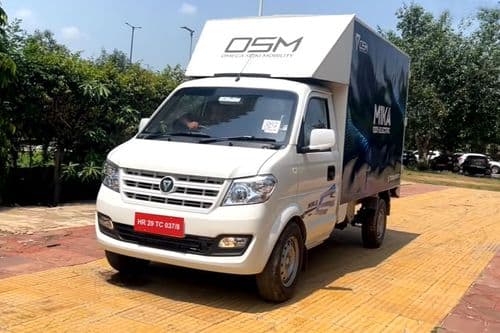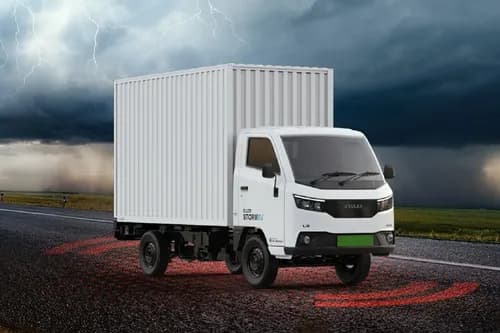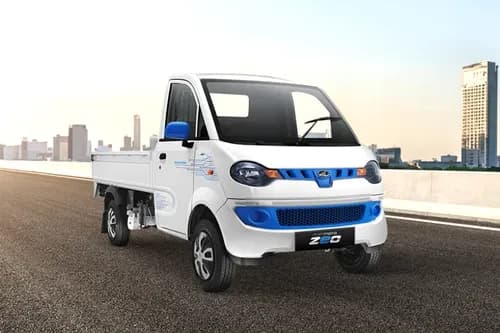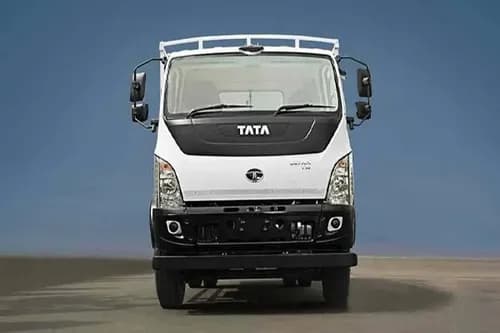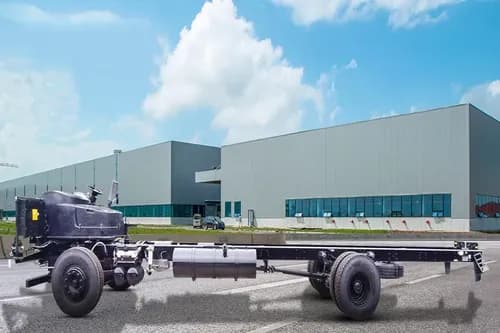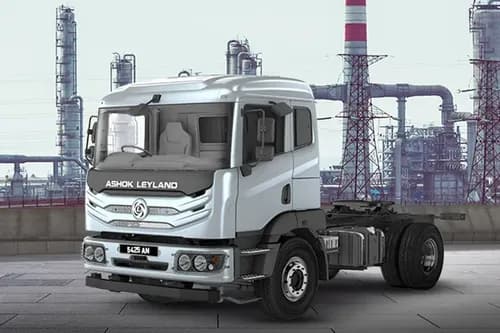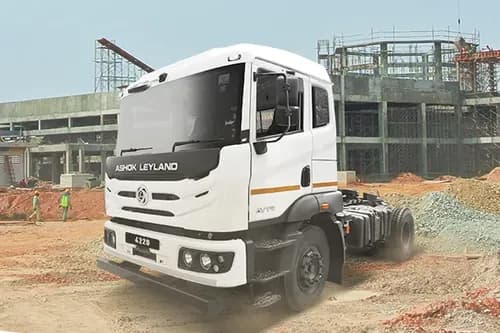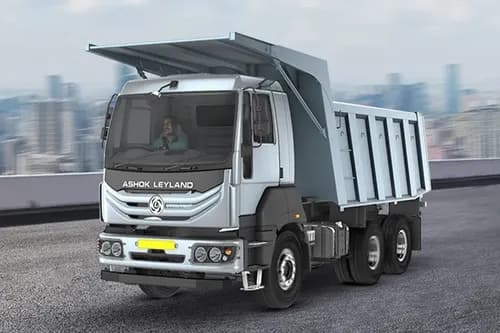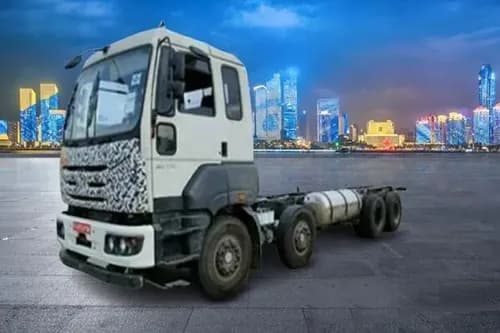Ad
Ad
Ad
Drones: The Future of Indian Agriculture
What are Drones? Let's take a look at how drones are being used in Indian agriculture now. Why should you adopt an agricultural Drone?

Historically, India's agricultural sector has lagged behind in adopting modern technology, instead depending heavily on old methods.
India has an economy based on agriculture, which contributes significantly to the country's livelihood and GDP. Regardless of its contribution to GDP, Indian agriculture confronts a number of structural issues, including fragmented land holdings, manual crop monitoring, excessive pesticide use, and a low level of mechanisation. It asks for the implementation of new innovative technology capable of increasing agricultural productivity and yield. Drones are one such innovation that has recently gained attention.

UAVs (Unmanned Aerial Vehicles) such as drones were not considered to be employed in a field such as agriculture, but they are now used globally and give real-time data for algorithms, assisting in increasing agricultural efficiencies, improving crop yields, and lowering food production costs.
But, one farm at a time, start-ups specializing in drone technology are attempting to change that. These businesses are urging farmers to utilize drones to monitor crop health and apply fertilizer and insecticides. The rise coincides with the federal government's ambitious ambition to make India a drone hub by 2030.
What are Drones?

Drones are small-sized Unmanned Aerial Vehicles (UAVs) or Remotely Piloted Aircraft Systems (RPAS) capable of performing aerial tasks autonomously through automated flight planning features and GPS integration or under human direction.
Drones were initially restricted to military use, but the Government of India (GoI) recognized the potential of deploying them in other areas such as agriculture, mining, infrastructure, geo-sensing, and so on, and issued the first set of laws allowing civilian drone use in 2018. Since then, the agriculture community in India has noticed the potential use of drones to offset the limits of traditional agricultural techniques such as the over-application of fertilizer, crop assessment, and so on.
Let's take a look at how drones are being used in Indian agriculture now.
Crop monitoring and analysis: Multispectral sensors on drones record visible, near-infrared, and short-wave infrared images in a variety of wavelength bands. Image processing methods are used to locate and analyze each plant separately. These distinguish between healthy and unhealthy plants by assigning various colours and detecting infested plants. This can also allow farmers to take prompt measures to prevent illnesses from spreading to other crops.
Crop Protection: Medium and large drones can spray insecticides and weedicides in exact proportions on impacted parts of the field, safeguarding crops with minimal chemical treatment.
Irrigation Management: The inbuilt thermal and multispectral sensors detect dry spots on a field caused by irrigation system failure. Medium and large drones with a high load-carrying capacity can be used for agricultural irrigation.
Soil estimation: Drone images are analyzed using Machine Learning (ML) models to identify differences in vegetation, allowing for a better knowledge of soil conditions.
Crop Estimation: Drones may scan crops at any predetermined frequency - every week, every day, or even every hour - allowing the user to gather time-series data that can be used to portray crop changes over time and anticipate crop yield.
Despite the potential uses of drones, their adoption has been limited due to the constraints that stakeholders face:
Short Range: Because nano to small-segment drones has extremely short battery life, a single flight length of 30-60 minutes results in limited field coverage.
Cost of deploying drones: The cost of drones, as well as advanced imaging and multispectral cameras, is considerable (for example, DJI's Mavic 2 Pro with a multispectral camera costs roughly INR 1.35 lakh), making them severely limited in accessibility. Furthermore, when scanning huge areas, obtaining satellite photos is substantially less expensive.
Weather Sensitive: Drones are weather sensitive and do not perform well in heavy rain or windy situations.
Specialized training is required: Flying a drone necessitates specialized technical instruction and a license. The analysis of the photographs necessitates the expertise of data analytic tools, which necessitates the hiring of specialized personnel for evaluation and crop planning at the grassroots level, which can be an expensive affair for a farmer.
Approvals: Drone flight is governed in India by the Ministry of Civil Aviation (MCA) and the Directorate General of Civil Aviation (DGCA). Both of these agencies have granted the Ministry of Agriculture a conditional exemption for drone deployment for certain reasons such as remote sensing data collecting, yield estimation at the Gram Panchayat level, and so on. Before deploying drones, farmers must comply with the applicable conditions.
Why should you adopt Drone technology in agriculture?
Because of its versatility and potential for the agricultural community, drone technology has gotten the most attention in the industry. They were initially employed by the military. Other industries, however, embraced unmanned aerial vehicles (UAVs) after learning about their vast possibilities.
What role may drones play in Indian agriculture?
Drones not only improve overall performance, but they also encourage farmers to overcome other obstacles and get several benefits from precision agriculture. UAVs (unmanned aerial vehicles) fill the void left by human mistakes and inefficiency in traditional farming practices, with the market for agricultural drones reaching a whopping $1.3 billion. The purpose of deploying drone technology is to eliminate any doubt or guessing in favour of accurate and reliable information.
Weather, soil conditions, and temperature are all important aspects of farming. Agriculture drones enable farmers to adapt to specific circumstances and make informed decisions. Crop health management, crop treatment, crop scouting, irrigation, field soil analysis, and crop damage assessments benefit from the information acquired. The drone survey improves the productivity of crops while saving time and money.
Features & Articles
Top 5 Tata Ultra Trucks in India 2025: Price, Features And Specifications Explained
The Tata Ultra range offers modern and stylish trucks. In this article, we have listed the Top 5 Tata Ultra Trucks in India 2025 with their price, specifications and feat...
17-Feb-25 06:24 AM
Read Full NewsBest Three-Wheelers Showcased At Auto Expo 2025
If you are interested in buying three-wheelers or want to learn more about the latest features and technologies in three-wheelers, this article is for you. ...
14-Feb-25 12:36 PM
Read Full NewsDiscover Why Electric Rickshaws Are Smart Investments in India
Electric three-wheelers have become a smart choice for many businesses due to several reasons. Here’s Why Electric Rickshaws Are Smart Investments in India...
12-Feb-25 01:18 PM
Read Full NewsExcavators in India: Types, Best Models and Their Uses in Construction Sites
Explore excavator types in India, their features uses, and prices. Find the best machine for construction, mining, and infrastructure projects....
11-Feb-25 11:41 AM
Read Full NewsFASTag New Rules: Everything You Need to Know
According to the plan, the cost for a monthly pass will be Rs 3000. Additionally, commuters can opt for a lifetime pass for Rs 30,000....
11-Feb-25 09:43 AM
Read Full NewsSWITCH Mobility IeV8: The Smart Electric Commercial Vehicle
The IeV8 offers two battery options: 70 kWh and 140 kWh, which allow it to cover distances of up to 250 kilometers. ...
06-Feb-25 01:28 PM
Read Full NewsAd
Ad
Registered Office Address
Delente Technologies Pvt. Ltd.
M3M Cosmopolitan, 12th Cosmopolitan,
Golf Course Ext Rd, Sector 66, Gurugram, Haryana
pincode - 122002
Join CMV360
Receive pricing updates, buying tips & more!
Follow Us
COMMERCIAL VEHICLE BUYING BECOMES EASY AT CMV360
CMV360 - is a leading commercial vehicle marketplace. We helps consumers to Buy, Finance, Insure and Service their commercial vehicles.
We bring great transparency on pricing, information and comparison of tractors, trucks, buses and three wheelers.












